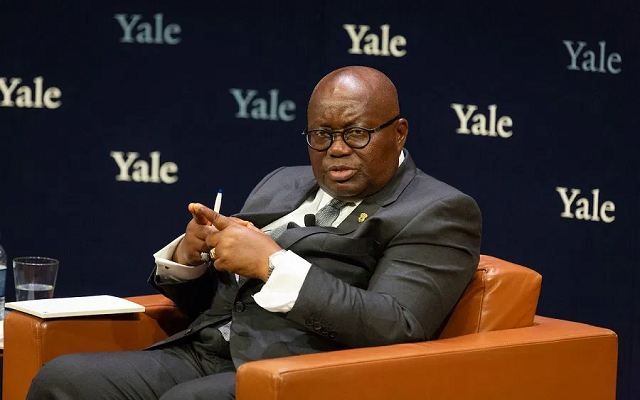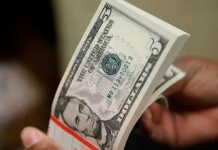Ahead of Nigeria, Ghana has been considered top on foreign investors’ list so far in 2020. The nation, which was described as one with a slowing economy, creeping inflation, and a declining currency in fourth quarter 2019, has turned investors’ delight just six weeks in the new year.
The narrative has reportedly changed as the country’s currency, Cedi is currently the best-performing currency in the world. To Bloomberg reports, investors are rushing to buy into its $3 billion Eurobond issue and in fact, those who did not want to spend due to Ghana’s slow economy last year, are now the ones moving for fiscal prudence and financial reforms.

According to strategists, Jason Daw and Phoenix Kalen, the Ghanaian cedi bonds were highly recommendable.
“We have been too cautious on Ghana, It has been the best-performing major market in Africa in the past two months, attributable to greater fiscal discipline, commitment to reforms, and improved currency management.”
Ghana’s Eurobond yield was said to have sold five times the amount on offer two weeks ago. At the first local-currency bond sale of the year on January 16, foreign investors bought more than 80% of the 1.4 billion cedis ($258.3 million) of securities, compared with average holdings of 37% over the past two years.
This is all as a result of the reforms Ghana underwent three years ago. Some of the reforms include outlawing large deficits, an aggressive banking-sector overhaul that cut the number of lenders by a third to 23, lowering liquidity and credit risks, among others.
Also, the West African country’s central bank has been effective in lowering inflation, which has been in single digits for two years even after an uptick in November. The regulator also started foreign-exchange forwards auctions in October to support the currency.
Why this matters: Just like they say, hard work pays off, the reforms can be seen in Ghana’s performance of its assets. Yields on existing Eurobonds have dropped to record lows, and the cedi has gained 6.6% since the beginning of January, well ahead of the 2.4% advance for the second-best currency, the Egyptian pound. That’s wiped out more than half of last year’s 13% slump.
Meanwhile, while cedi is thriving, the naira is clearly struggling to meet up with expectations as the Central Bank of Nigeria recently launched a five-year long-dated FX Futures. The development was aimed to reduce potential FX exposures, encourage long-term planning and increase investments in the Nigerian financial markets.
With this new contract, the CBN plans to attract more foreign inflows, shore up dwindling dollar reserves and reduce rising pressure on the naira. At a time where experts have called for the devaluation of the naira, the CBN has basically bought time for the currency in the face of mounting pressure on its stability to the dollar.












